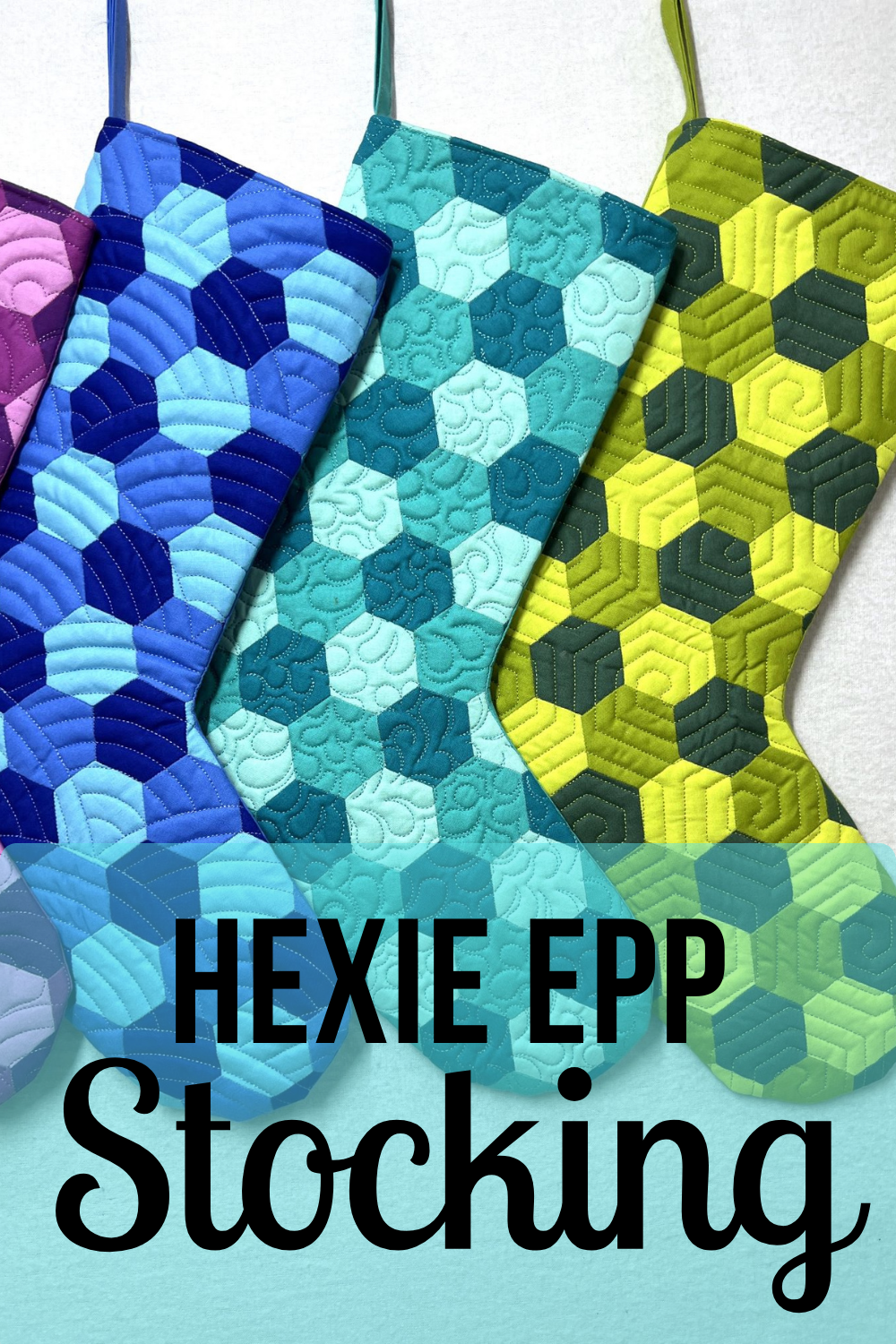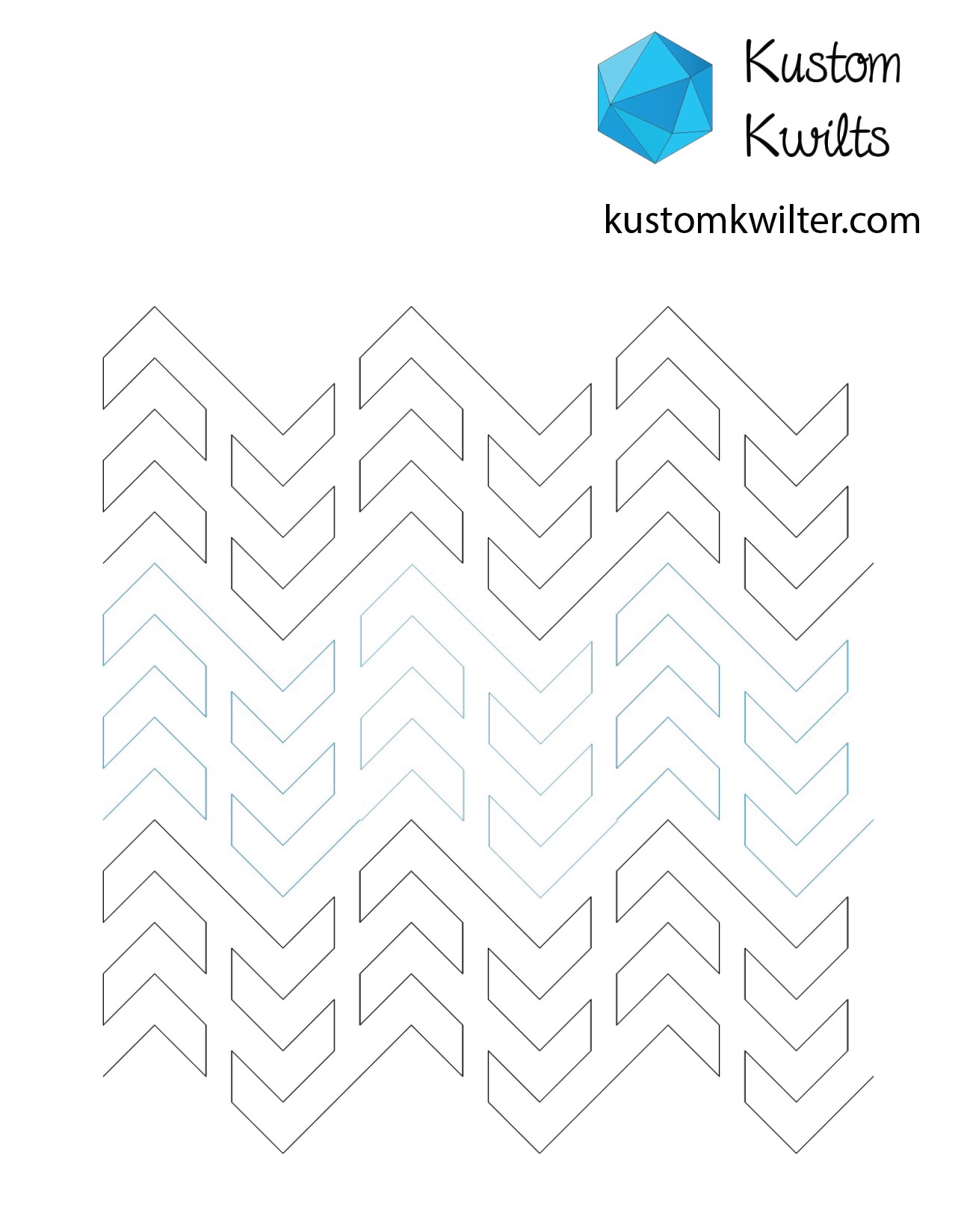
The Hexie EPP Stocking Pattern is finally here! This is a perfect pattern for a quick finish, and it saves time and fabric by not having to fussy cut. I designed these stockings to have a similar look to the cute Buffalo Plaid that has a more clean and modern Christmas-y look, but with hexagons. The pattern details how to make the stocking using the 3-color solids, or for a more fun look, a 6-color solid multicolor stocking. Using solids eliminates the need to spend tons of extra time fussy cutting, and you can use the stack and cut method to cut multiple hexies out at once. I think the most I was able to cut at one time was 8 pieces.
This pattern includes:
- Detailed instructions for solids: 3-colors or 6-colors or fussy cut your own pieces
- Pattern includes Youtube tutorial sew along to assemble the stocking
- finished stocking measures 6″ wide at top x 14″ tall X 11″ wide heel to toe, complete with hanging loop
- Blank coloring sheet to design your own colorway or plan for fussy cutting
- Fabric requirements for the 3 and 6 color stockings
- Detailed cutting diagrams
- Full color diagrams and step outs
- Stocking template
- Printed pattern version includes a full sheet of hexie papers for you to copy and cut out yourself, should you choose
- PDF version includes a printable sheet of hexie papers
So many options!
Kits for the Hexie EPP Stockings:








Find the perfect kit for you! These solid stockings are curated in the perfect shades of Tula Pink solids by FreeSpirit. Grab the color that fits you, or make an entire fabulous rainbow gradient to fill your mantle!
If you aren’t a fan of fabric kits, you can also grab your own acrylic fussy cutting template and precut EPP papers to save you a little time. Or cut your own hexies with the papers that are included in the PDF or the printed pattern. Both options have a printed OR printable paper Hexie fussy cutting template.

Customizing your stocking
You can choose to quilt your stocking with fun hand quilting, easy domestic machine quilting with simple straight lines, or pick a fun pantograph and throw it on the longarm for a bit of punch! Alternatively, you don’t have to quilt the stocking at all and the inside is fully lined to protect all the seams. Pattern instructions include a hanging loop.







I’m so excited to finally share this pattern with you. I feel like I have been working on it for years and perfecting each version so it will bring you SO much joy when you make it. I hope you’ll share your makes with me using #HexieEPPStocking . Thanks for reading, friend, and happy sewing!!






















































































































































































































































































































